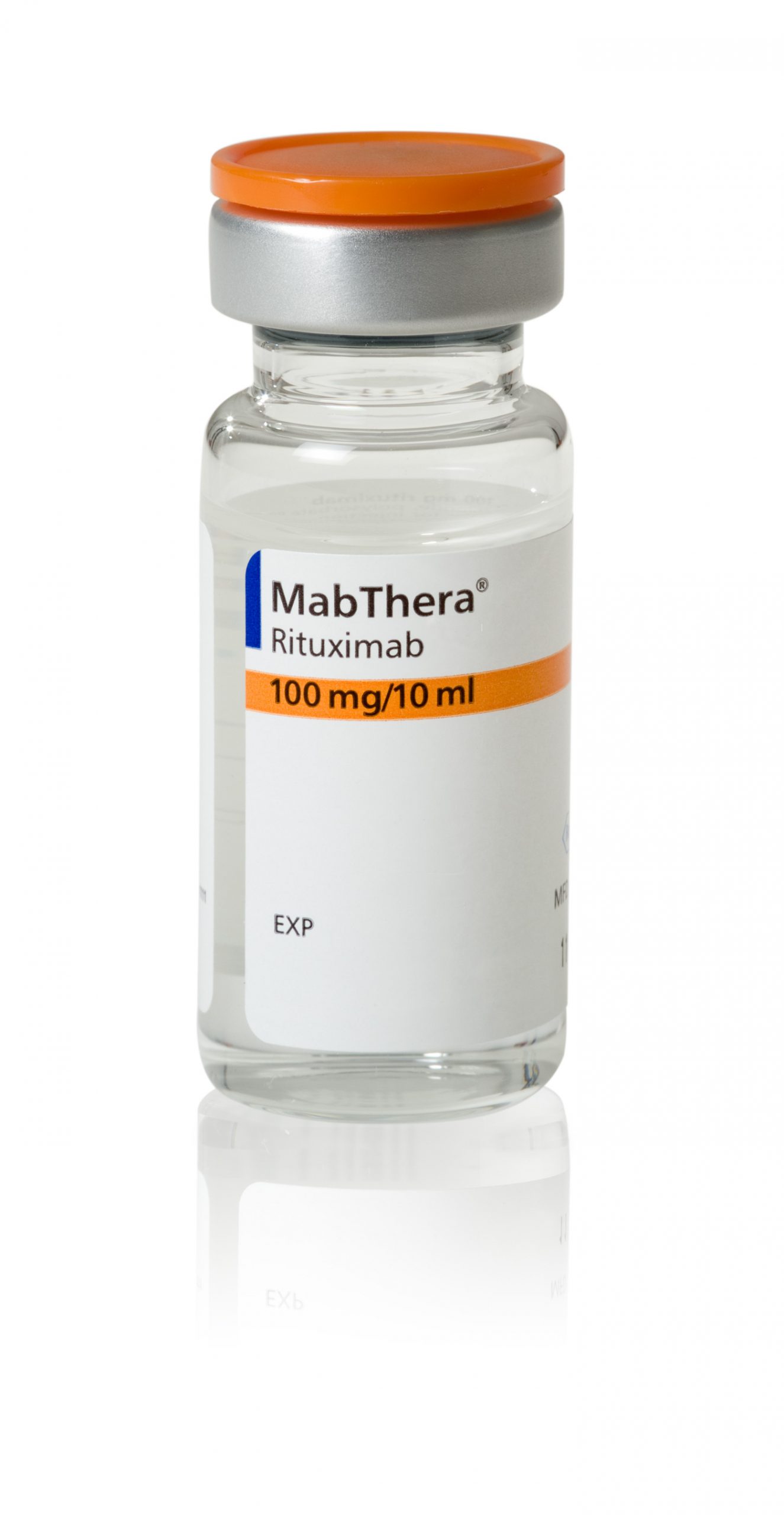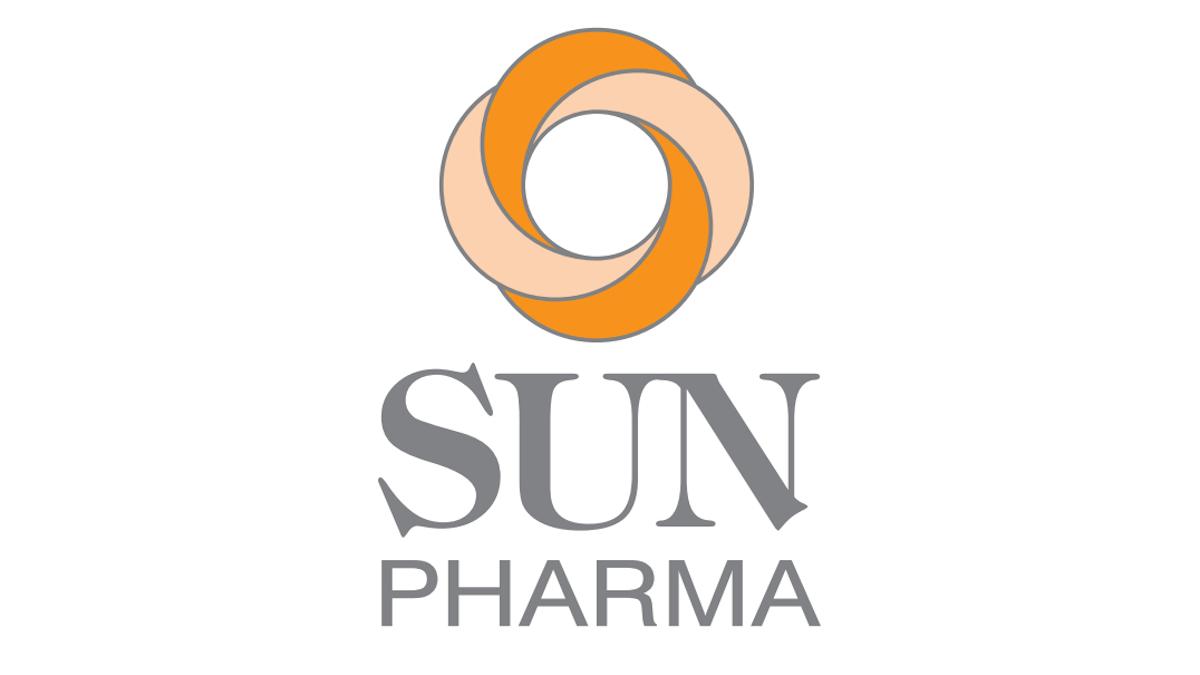Celltrion's rituximab biosimilar could have four names in EU

Celltrion’s biosimilar marketing strategy in Europe has got seriously confusing after the firm asked to market its rituximab near-copy under four different brands.
Its biosimilar of Roche’s cancer and autoimmune disease drug MabThera (rituximab) is already on sale in Germany under the brand name Truxima.
But the South Korean company has received the go-ahead from European regulators to market the drug under three more names – Tuxella, Ritemvia, and the rather frightening Blitzima.
Regulators sitting on the CHMP advisory committee were probably rolling their eyes as they had to work through four near-identical files of data, perhaps confused by the thinking behind the whole exercise.
Experts from the European Commission may also exchange quizzical glances as they decide to approve the CHMP’s decisions in a few weeks’ time.
And market commentators were also nonplussed.
https://twitter.com/biosimilarz/status/865534153290153984
So why four different names for the same product? The company believes the unusual tactic could ultimately generate greater total market share for it.
Celltrion’s strategy with its biosimilar of MSD’s Remicade (infliximab), launched in most of Europe around two years ago, was to go for two marketing authorisations and sell rights to one of them to Hospira.
Celltrion’s product was marketed as Remsima, while Hospira marketed the drug as Inflectra.
In some markets the competition meant biosimilar rituximab was sold at a 70% discount to MSD’s branded Remicade, wiping the originator from some of the Nordic markets where prices were at their cheapest.
It looks like Celltrion is taking things further with rituximab, allowing it more choice and giving the opportunity to hand out rights to several different companies, who could compete against each other and maximise market share for the South Korean firm ahead of further biosimilar rivals.
The marketing authorisations for some of the names are also slightly different: Ritemvia has the chronic lymphocytic leukaemia indication, while Blitzima and Tuxella do not.
Sandoz last month got backing from the CHMP to market its biosimilar rituximab, meaning a its rival launch is probably only weeks away, as the European Commission nearly always follows the committee’s recommendations.
In November the company’s EU affiliate Celltrion Healthcare met with 40 pharma marketing executives from various different companies, such as Mundipharma, Biogaran and Kern, signing contracts for distribution of rituximab and its biosimilar of Roche’s breast cancer blockbuster, Herceptin (trastuzumab).
A spokesperson said at the time: "Remsima, the first-choice product, has been a major success in Europe as an antibody biosimilar first mover in partnership with market-competitive global partners. We will do our best for Truxima and Herzuma to get the ahead of the competition in the market by working with partners with a strong distribution power."
Expect similar branding shenanigans from Celltrion as it takes on Amgen and Biocon’s Herceptin biosimilar, which is also under review in Europe.












